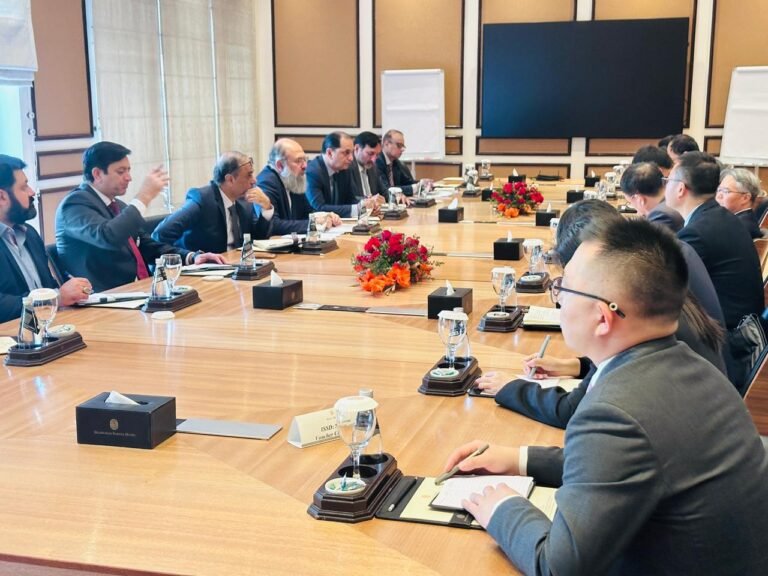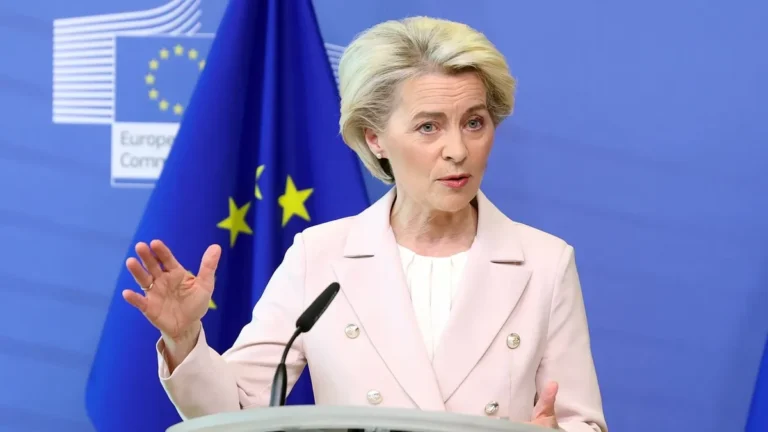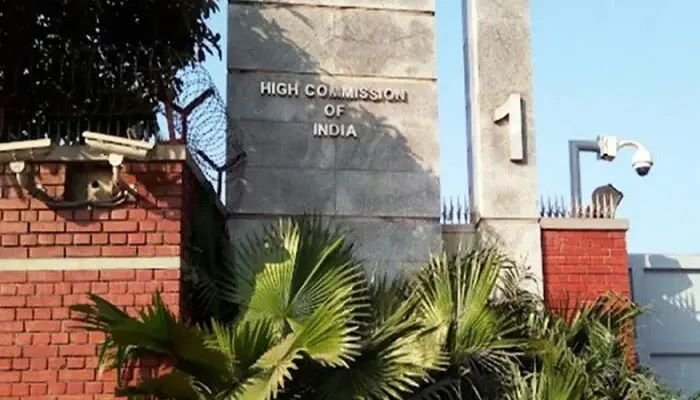Islamabad (TDI): The Special Investment Facilitation Council (SIFC) has been engaged with mediating the continuing tax dispute between provincial governments and Long Distance and International (LDI) telecom companies.
LDI operators are challenging the levies because they are concerned about provincial taxation regulations, according to sources from the Ministry of IT and Telecommunication.
Provinces’ constitutional jurisdiction is allegedly exceeded by the LDI operators’ provincial taxes on incoming international voice services.
The parties involved in this tax dispute have been unable to come to an agreement for a long time.
After been unable to come to an agreement, the Ministry of IT made the decision to take the issue before the SIFC in the hopes that they could mediate a settlement.
Although most of the LDI operators’ licenses expired in July or August of 2024, they are still able to offer international telecom services for inbound and outgoing traffic.
Complicating matters further, the operators also owe unpaid balances to the Universal Service Fund (USF) in addition to the tax dispute.
However, the provincial governments and the Ministry of IT insist that the taxes are compliant with global standards.
The Ministry of IT proposed during the SIFC deliberations that an unbiased organization be entrusted with carrying out due diligence and identifying a feasible solution in conjunction with the Federal Board of Revenue (FBR), LDI operators, and the provinces.
Read More: Oil Prices Drop as Fed Rate Cut Raises Concerns
The Ministry of IT suggested that, in pursuing the ongoing proceedings related to the tax dispute, the Attorney General of Pakistan (AGP) and the Law Division take into account both local and international legislation in order to shed light on the legal and regulatory elements.
They said that in order to proceed, the situation needs a precise legal interpretation.
The sources added that the National Cloud Procurement Framework, which has been approved by the governments of Khyber-Pakhtunkhwa (K-P), Gilgit-Baltistan (G-B), and Azad Jammu and Kashmir (AJK), has been updated by the Ministry of IT to the SIFC.
AJK was required to submit a milestone-based timeframe for creating its IT policy, which includes adopting the Cloud Policy, although both AJK and G-B have not yet done so.
G-B needs to notify the federal government of its progress and expedite the adoption of its draft policy.
Each province, including AJK and G-B, must take the required actions to adopt the Cloud Procurement Framework, which was formally notified on May 14, 2024.
The federal government will be consulted on a timeline-based and milestone-based plan for its adoption.
Also read: Govt Plans to Reduce LNG Imports from Qatar
There are still several obstacles facing Pakistan’s telecom sector. The sector was further squeezed by taxes on smartphones implemented by the former Pakistan Muslim League-Nawaz leadership.
Further highlighting the persistent problems in the industry was the sale of Telenor to PTCL.
The telecommunications industry has not benefited from government regulations such as those that tie license renewal costs to the value of dollars.
Except for Ufone, most telecom providers did not participate in previous spectrum auctions due in part to this strategy.
The business is still heavily burdened by heavy taxation, which makes efforts to solve other important issues more difficult.








